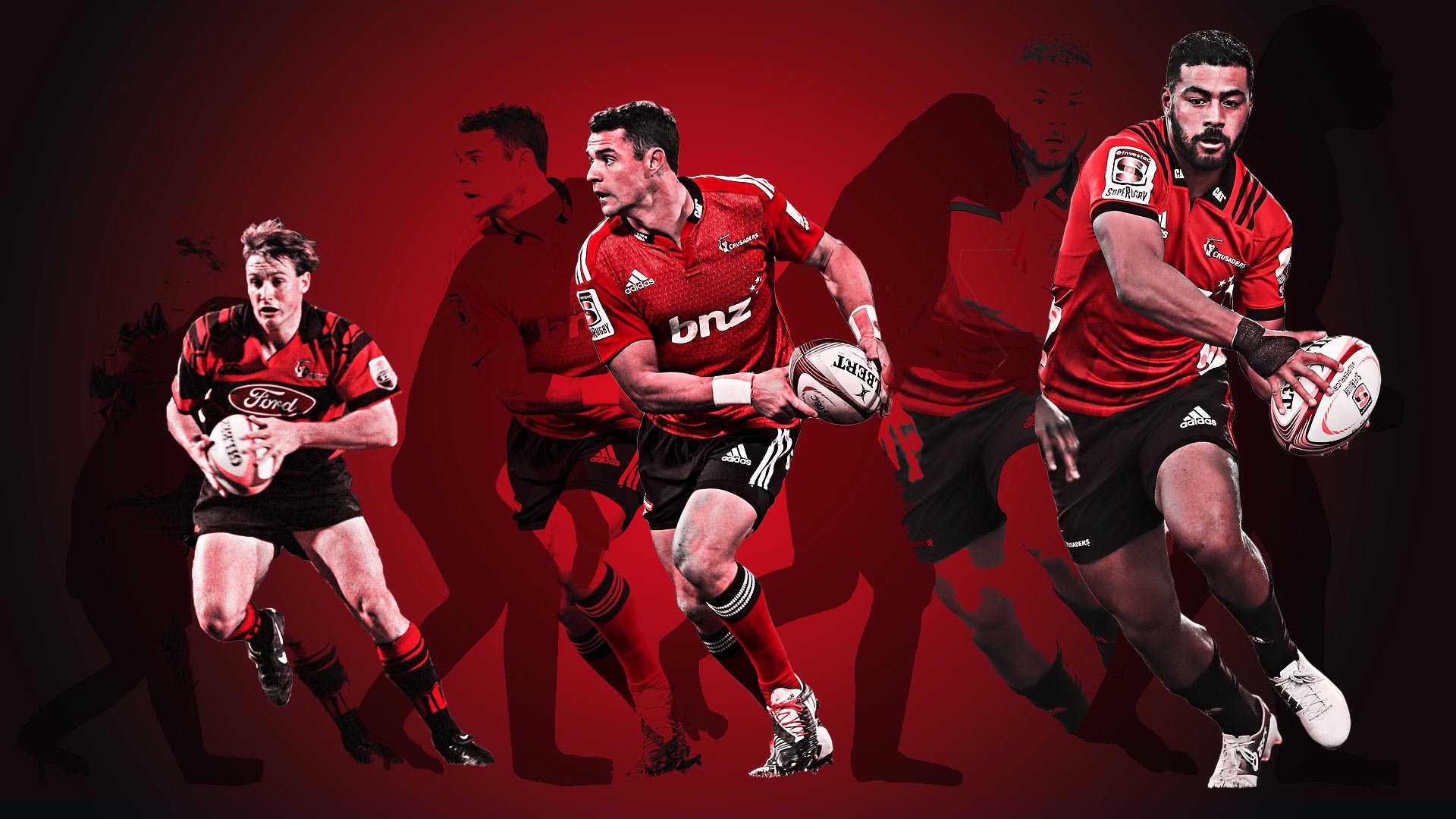Super Rugby conferences only serve to strengthen New Zealand rugby

All Blacks captain Kieran Read is the latest voice to call for a return to the old round-robin format to replace the controversial conference system in Super Rugby.
“I like the idea of a full round robin where you play everyone once, but we can’t continue with this conference system moving forward,” Read told RadioLIVE.
“They have to work something out there before expansion. A round robin or something along those lines would be fairer for everyone and result in a better product for the fans who turn up every week,” he said.
The system was changed to cater to the fans and made some sense commercially. More local fixtures with home and away derbies would produce higher viewership in ideal timeslots. New teams in new countries would open up new rights deals.
The American model conference system was also supposed to prevent one country from dominating and taking all the playoff spots. The inter-conference battles would cause enough collateral damage to falsify the final standings. A team with 9 wins in the Australian conference looks the same on paper as a team with 9 wins in the New Zealand conference.
What has transpired in recent years is not what the administrators planned for – the New Zealand conference has produced multiple teams with fantastic records, often with more competition points than the other conference winners. This has created a farcical playoff system that fails to produce fair outcomes for teams.
An unintentional side effect of this format is that Super Rugby serves to strengthen New Zealand Rugby. The New Zealand conference has the best talent pool and coaching in the competition, which has only advanced ahead of all others due to necessity. The conference has developed into a brutal competition of survival, where only the fittest survive. The vast injury tolls are a symptom of an unforgiving system that breeds winners. The Australian conference, by contrast, has fallen behind and is stuck there – they fail to get better by playing each other more than they play the best.
The strong get stronger by virtue of tougher opponents and the weak are left behind.
A return to the round-robin format would fail to provide even contests for a while but would benefit Australian rugby in the long run as they get tested with greater competition more frequently.
Without being pushed to their limits in their intra-conference contests, they don’t know how far they have to go until they get wiped off the map by a high-powered Kiwi team. It happened again this year when early promise was met with dampened expectations when the first trans-Tasman clashes arrived.
The American model works because the talent is spread through equitable means – draft systems and free agency. That can’t, and will not happen in Super Rugby with national interests at play. The best they can do is to abolish the conference systems, which in the long run will stop New Zealand evolving so fast.
Competition breeds innovation, which is exactly what Australian rugby needs more of.
In other news:
























































































